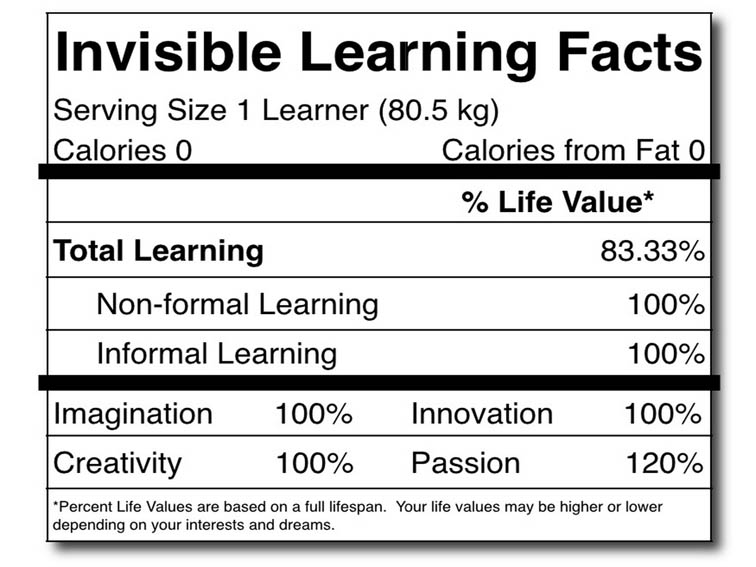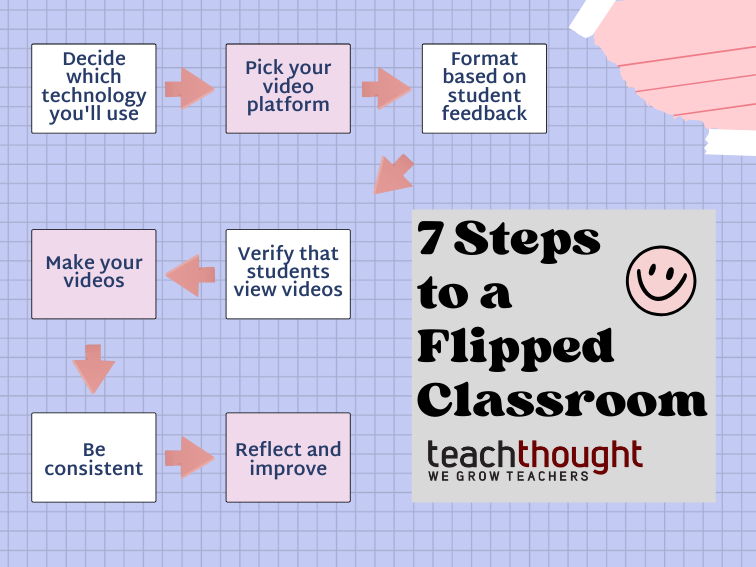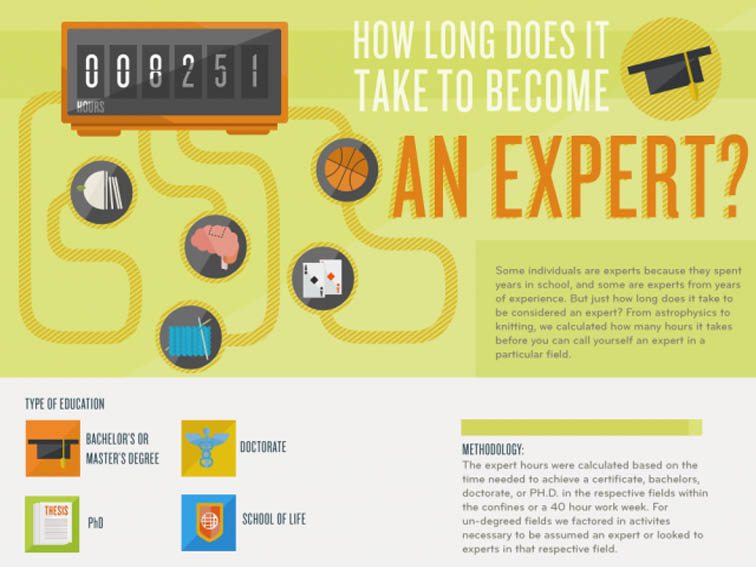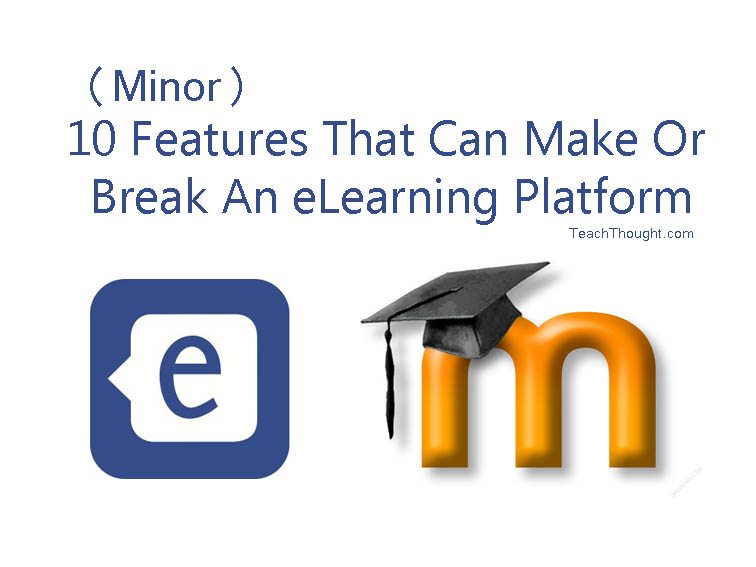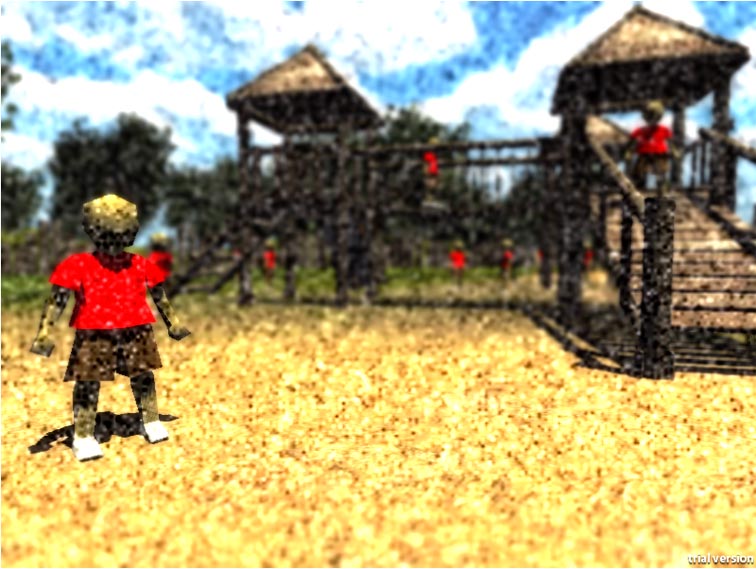What Are The Effects Of Instant Gratification In Learning?
by Justin Marquis, Ph.D. Simply put, things happen faster now than they ever have in the past. Everything, except education, that is. Why is it that in an incredibly fast-paced world, where access to information is instantaneous, schools can’t keep up? A Fundamental Disconnect Outside of the classroom students expect instant results or instantaneous feedback…


